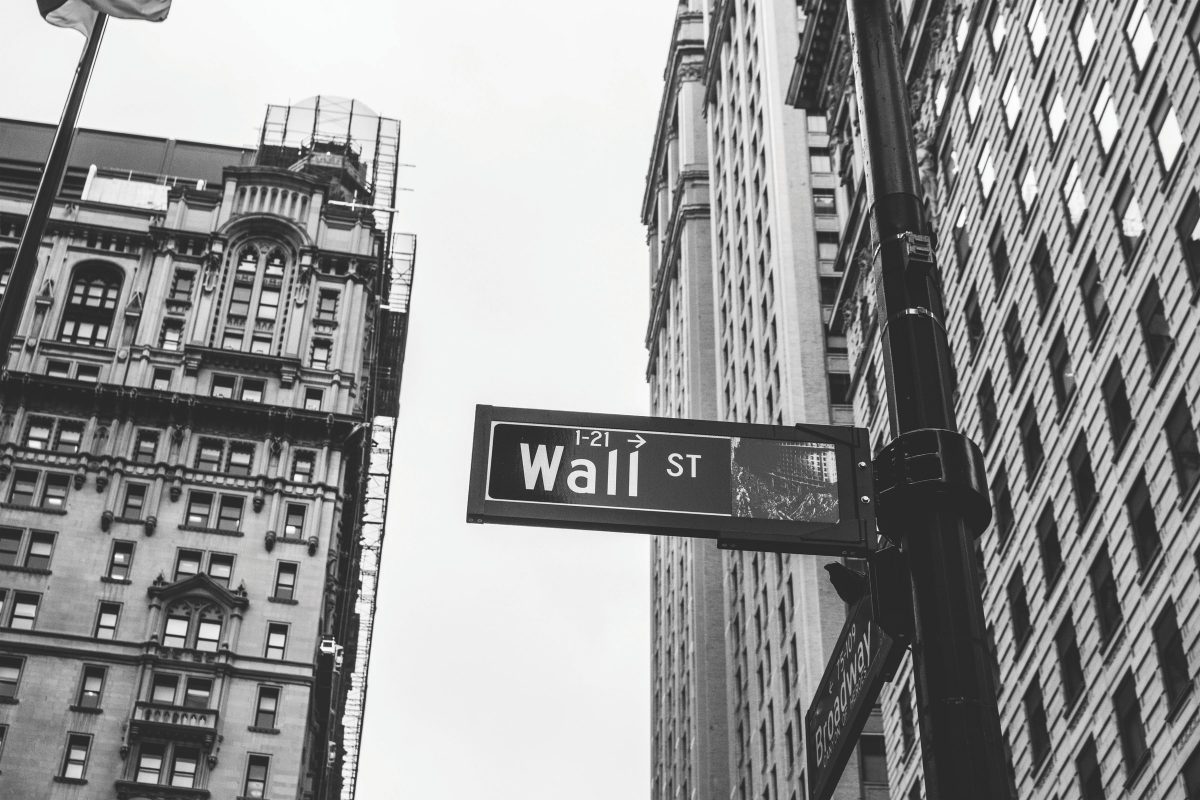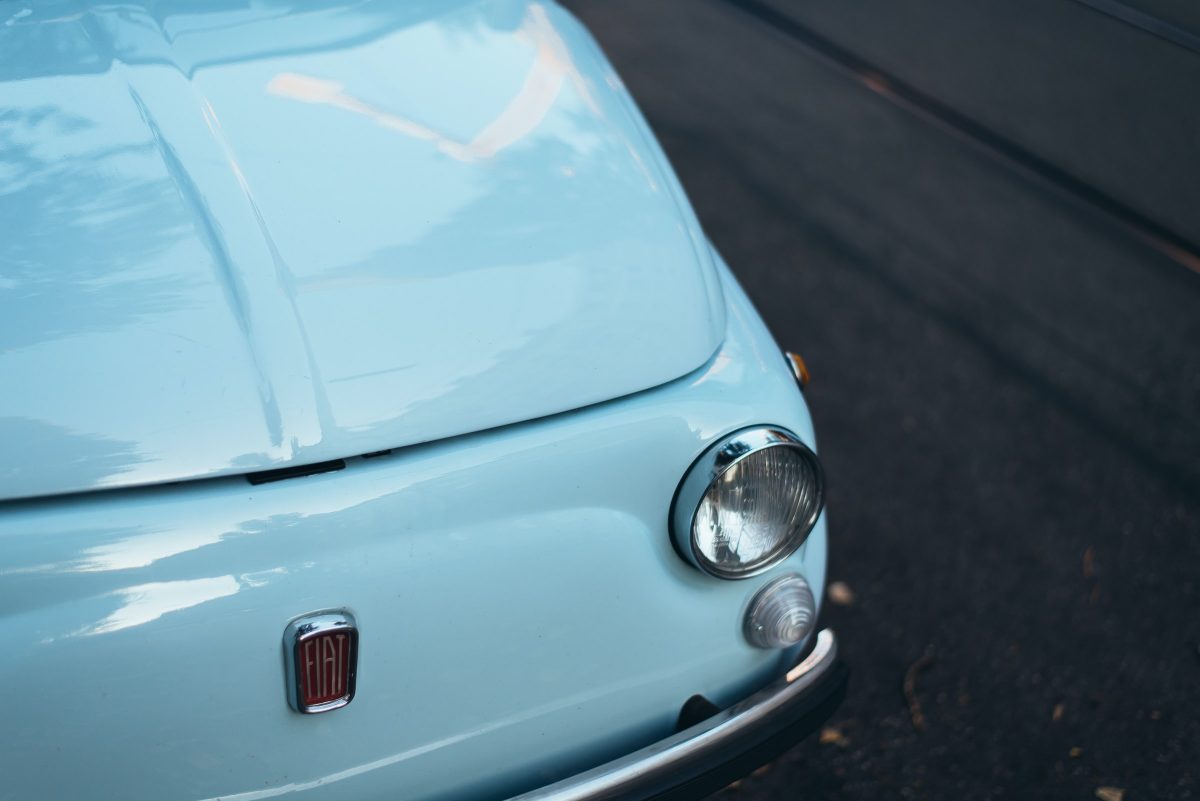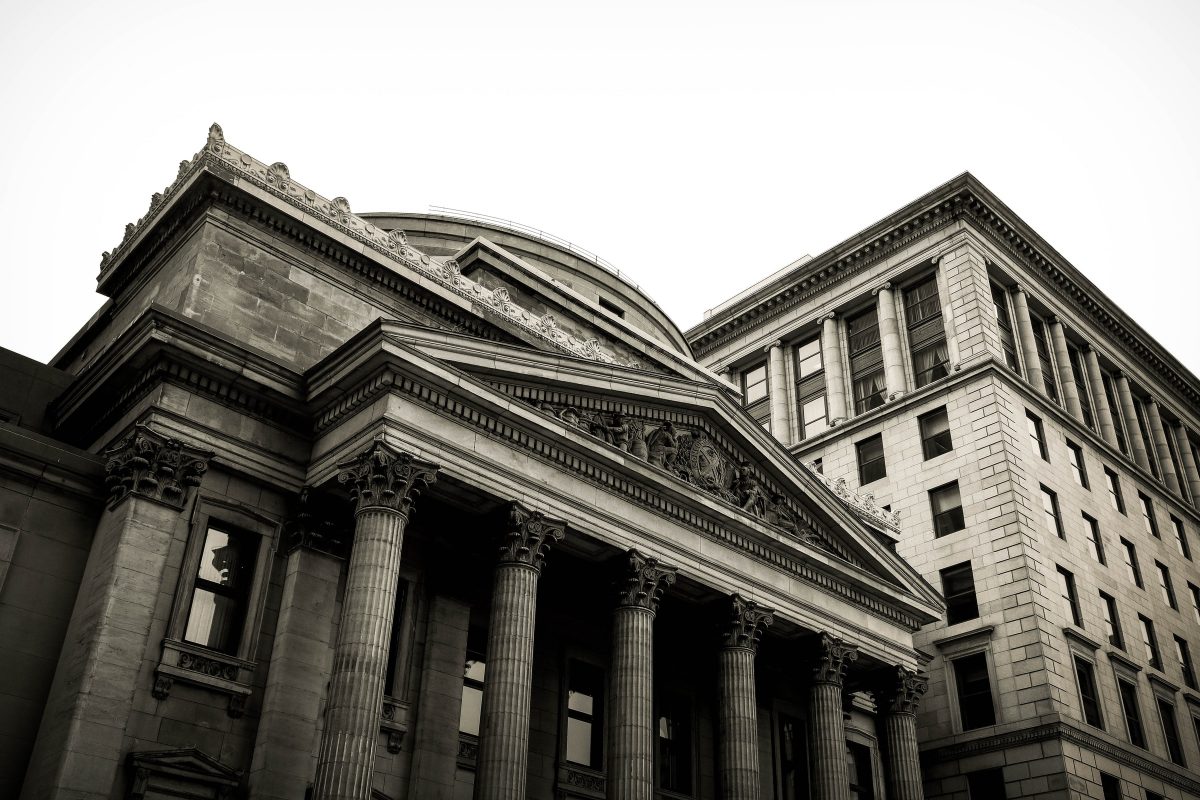These are hard times for billionaires, or so I must suppose because the latest edition of The Economist contained two articles in their defence. Apparently, in both the United States and the United Kingdom, politicians of a progressive disposition have been rude about billionaires.
Bernie Sanders said they “should not be allowed to happen.” Jeremy Corbyn says that “every billionaire is a policy failure.” A tax increase for plutocrats is in the wind in both countries. Clearly billionaires have a problem, not least the uninspiring example set by the one in the White House.
The Economist, which clearly knows which side its bread is buttered on, says billionaires are okay, but admits to some misgivings about “rent-seeking.” This is the Economist’s term for people who get rich by exploiting markets which are hard to enter or via their connections with the government.
If competition is allowed then profits will in the long run be driven down by it, and anyone who clocks a billion has done so on his own merits. With a bit of luck, perhaps.
This does not seem to me to dispose of the matter, unless you subscribe to the rather depressing, and now discredited, Chicago school of economics, which says that the only function of a company is to obey the law and maximise profits.
After all the first quality required to become a billionaire is greed. People who are not blessed with this foible will find other things to do long before they get to their ninth zero.
As Taleb puts it, the advantage of capitalism is that we all benefit from some people’s greed. That does not mean we have to admire them for having this characteristic.
Before wealth became easily confused with virtue it used to be said that behind every great fortune is a great crime. This may be putting it a bit strongly, but we can all think of ways of getting your first billion which do not involve rent-seeking, are not illegal, and of which we profoundly disapprove.
We could start with getting your raw materials from the “South American towns where the miners work almost for nothing,” as the old Dylan song puts it, and come up to date with the merits of having your gadgets put together by child slaves in China.
Bearing in mind that this implies a broader definition of unacceptable behaviour than the economists’ (or The Economist’s) and that the latter magazine admits that a quarter of the world’s great fortunes were acquired unfairly, this suggests that some suspicion of great wealth might be useful and justified.
This is an interesting observation from a Hong Kong point of view. In the opinion of some people, at least, all our local great fortunes come from rent-seeking, because they derive from real estate – an industry which is shamelessly rigged by the government.
No doubt the 12 or so families who are the major beneficiaries of this system are lying low and quietly thanking their lucky stars that the agenda of the Resistance does not, or does not yet, include an attack on “developer hegemony.”
With one resounding exception. Ms Annie Wu aroused the ire of protesters by making a special trip to Geneva to enlighten the United Nations Human Rights Committee about Hong Kong matters.
Ms Wu came by her wealth honestly. She inherited it from her father. As it includes a large chain of eateries the company concerned has been desperately, and in vain, pointing out that she does not actually run the enterprise. This has not protected it from vandalism and boycotts.
Remarkably, one local commentator thought that Ms Wu’s visit to Geneva showed “courage.” Well, no doubt standards of courage are pretty low if you are contributing a controversial column from the safety of Vancouver. Shouldn’t it be called “My Take-off”?
Anyway, I do not buy this. Ms Wu flies to Geneva, first class. She puts up in a five-star hotel, rides in a suitably luxurious limo to the Human Rights Committee meeting and there reads a script which several people – the Liaison Office, the Xinhua News Agency, the SAR Government’s Information Services Department – would be very happy to supply. And then she returns the same way to her Hong Kong home, or palace, to await the arrival of a suitably grateful medal in the mail.
I have more sympathy for the view that boycotting enterprises owned by political pariahs is unkind to their staff. No doubt the innocent youngster who signed up as a trainee barista with Starbucks did not realise that he was entering a political minefield.
On the other hand, the people complaining about this were not so vocal when businesses were blacklisted or otherwise persecuted by the Chinese government or its more excitable people. This has been going on for years.




